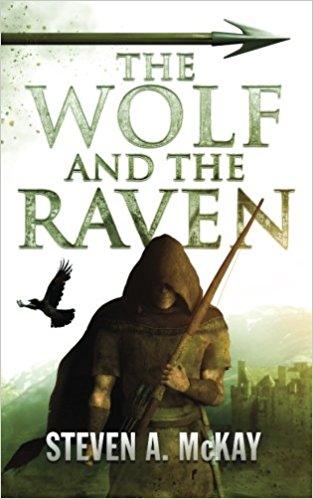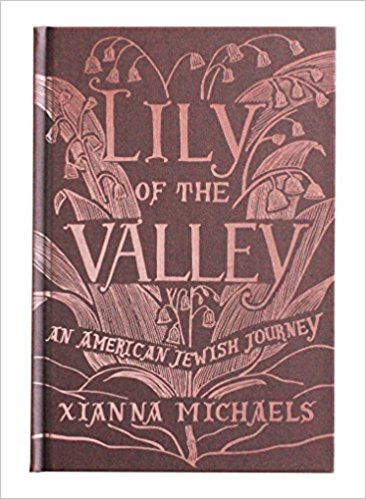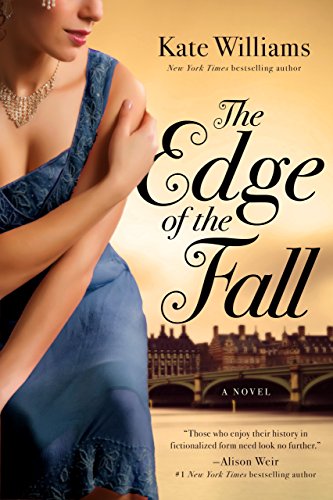The Wolf and the Raven
When I was a boy of ten, my mother took me on a Cook’s Tour throughout Ireland and Britain. That same trip would, more than several years later, cause me to emigrate from Canada to these historic islands, but this is not that story. Steven McKay’s The Wolf and the Raven was recommended to me by another historical author, Glyn Iliffe, who wrote the quite wonderful The Oracles of Troy. Glyn had read the first volume of McKay’s trilogy (The Wolf and the Raven is the second, but it stands alone perfectly well) and thought I might find the newest volume worth a read. Ah, he was quite right.
To justify a re-telling of a pretty well-known story such as Robin Hood, a writer has to accomplish three tasks. The first is a given in any book: the writing must be excellent. Second, there must be a level of detail about the period: the whole mise en scene in order to draw the reader into the depths of the book. And third, that writer must somehow make known outcomes into something unknown so that the needed emotions of suspense, doubt, and release can be enjoyed by the reader. McKay pulls off all three.
Vis a vis the writing, what I most congratulate McKay for accomplishing is not targeting his novel toward precocious ten-year-olds. A precocious ten-year-old will quite enjoy The Wolf and the Raven, but his father or grandfather will not feel they are being dumbed-down if they pick up the novel and dip in. That said, I leave it to the parent to decide whether they are okay with Sonny Boy reading this passage (and this really is about as saucy as things get)
“’There were grunts of agreement at that, but Matt snorted, looking around at the rest of the men in disgust. ‘The common folk? You mean like the people at Burton where Lancaster burnt the place down about their ears?’ He turned to glare at Robin again, barely drawing breath as he continued. ‘You’re supposed to be our leader, Hood. We all trusted you to steer us right. You said it was a good idea – ‘we’ll all win pardons,’ you said. Well, where’s my fucking pardon then? And what about that king’s man, Sir Guy of Gisbourne? That bastard has a hard-on for you and we’re all going to suffer for it now!’ As he ranted, his voice had grown steadily louder and he had moved slowly closer to Robin, so, his last, shouted words, were spat right in the young man’s face.’”
To me, the language is no worse than is heard in any school recess yard, but you make the call on that. The important point is that this is a story that can and will be enjoyed by all ages, as all good myths (did I say myths?) should.
As suggested by my three-way test, there is indeed a richness of detail, and, as far as suspense goes, McKay follows the rule of many a Hollywood screenwriter or producer. When handling well-known characters, supply some supporting roles that can be killed off here and there. It is a smart stratagem, and someone like Joss Whedon has made a career out of it; once the reader has made an emotional tie to a supporting character, if anything bad happens to him or her, the reader desires all the more the triumph of the lead.
I heartily recommend The Wolf and the Raven, whether it is the first version of Robin Hood you have read, or the tenth. It is a cracking great yarn.
| Author | |
|---|---|
| Star Count | 4/5 |
| Format | eBook |
| Page Count | 326 pages |
| Publisher | CreateSpace |
| Publish Date | 2015-Apr-07 |
| ISBN | 9781497430747 |
| Bookshop.org | Buy this Book |
| Issue | January 2015 |
| Category | Historical Fiction |
| Share |







Reviews
There are no reviews yet.